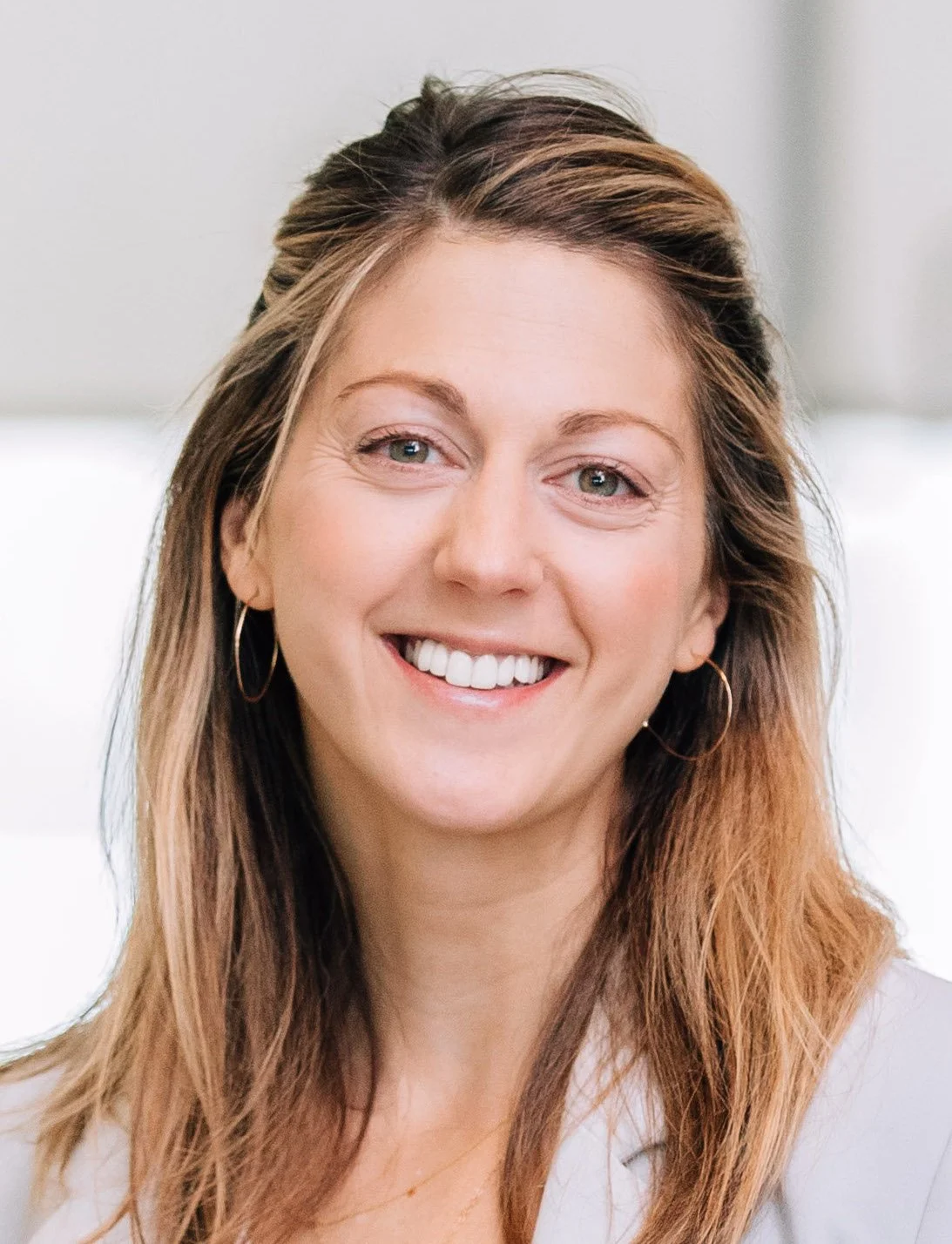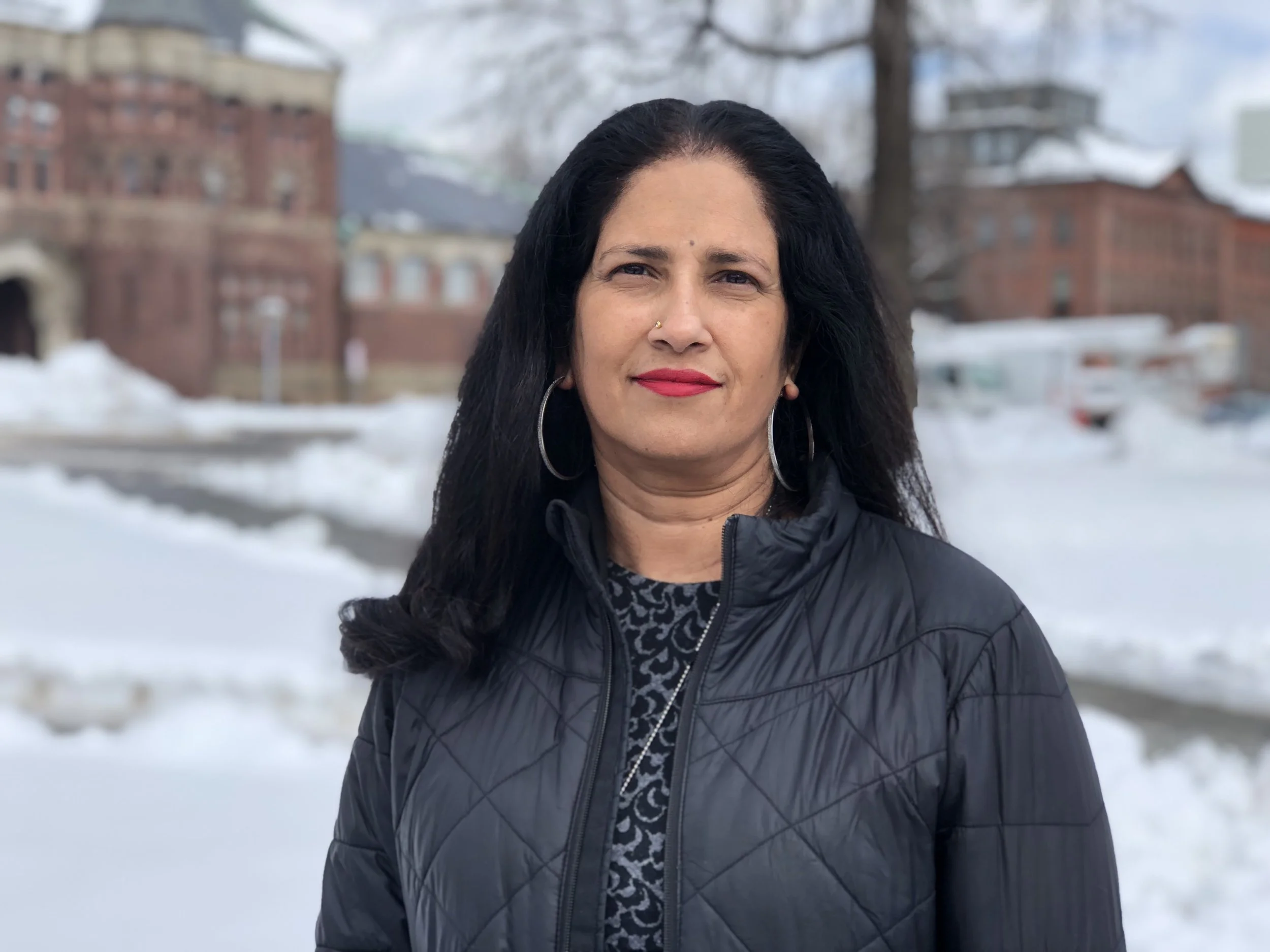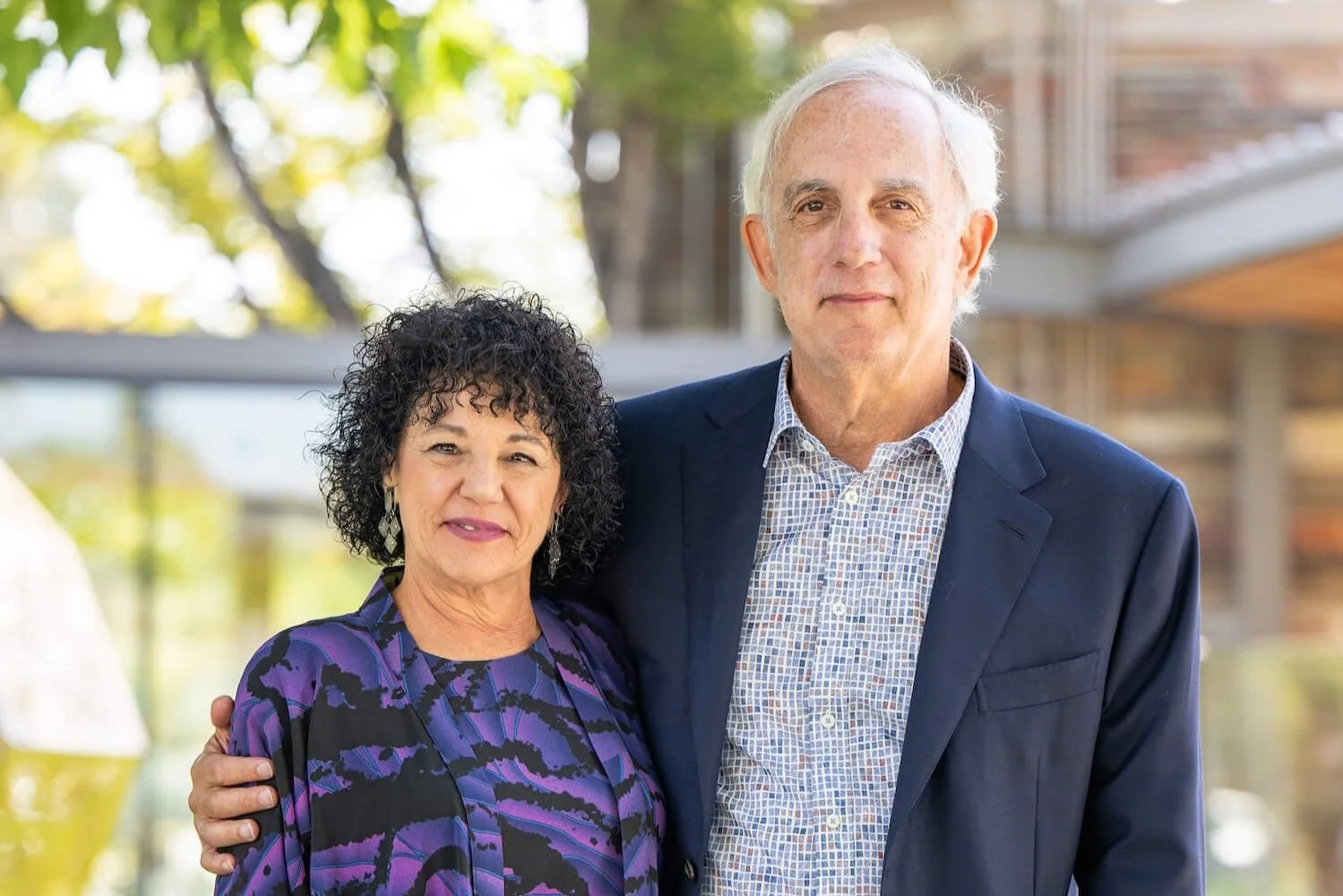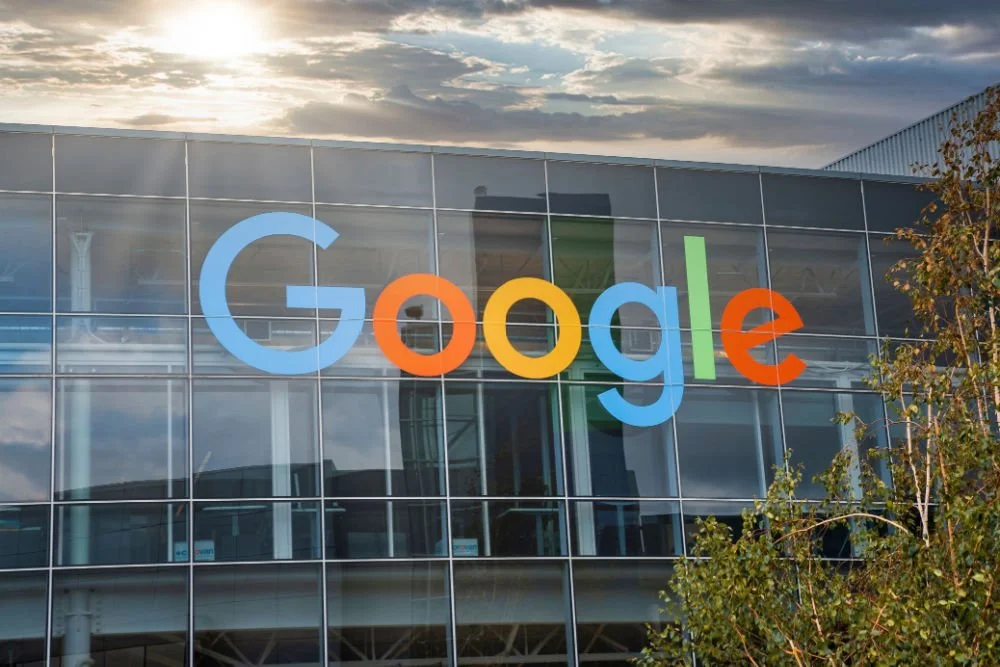MacKenzie Bezos Will Be One of the Biggest Philanthropists Around. So What's She Into?
/amasterphotographer/shutterstock
Editor's Note: This is an updated version of an article that first appeared in IP in 2014.
One common mistake made by casual observers of philanthropy is to pay too much attention to the person who made all the money, and too little attention to their spouse—who is often intimately involved in deciding how the money is given away. Indeed, in quite a few cases, it's the wives of wealthy men who play the more hands-on role in family philanthropy, especially if their husbands are still busy running corporations or hedge funds.
It hasn't been surprising, for example, to see Priscilla Chan emerge as the leader of the Chan Zuckerberg Initiative. While Mark is plenty busy with his day job, especially lately, Chan is the one who's immersed in the operational details of CZI, executing a vision that the couple sets together. Ditto with another Facebook co-founder, Dustin Moskovitz, and his wife Cari Tuna. Dustin is running a tech company he founded, Asana, while Cari has done the heavy lifting to build the kind of philanthropic enterprise it takes to give away a fortune that now stands at $14 billion. And if you know anything about Bill and Melinda Gates, you know that their giving has been a true partnership from the start. I could give a dozen other examples where women are either the pilots or the co-pilots of large-scale family philanthropy.
Yet, in a maddening pattern, the media almost always gives the men all the credit for big gifts. (IP has occasionally made the same mistake.) That pattern was on display in much of the press coverage of the $33 million gift that Jeff and MacKenzie Bezos made to fund college scholarships for the "Dreamers." While the press release about the gift clearly stated it was a joint gift by the couple, MacKenzie often ended up on the cutting room in the news stories, or at least in the headlines.
Such coverage is unfair and sexist, but it also diverts our gaze from one of the most intriguing aspects of Bezos philanthropy. Which is how MacKenzie is likely to influence the disposal of what is now the world's largest pile of wealth. Any way you slice it, Jeff and MacKenzie are likely to rank as among the biggest philanthropists in coming decades—if not of all time—for the simple reason that there is no other good way to deal with a fortune of that size. While this couple has put off large-scale philanthropy for many years now, hard choices about giving away their money will inevitably have to be made. The dollar signs will keep getting bigger, along with the scrutiny.
To be sure, super-wealthy couples can broadly delegate the details of philanthropy to others. But they still have to establish giving priorities. And, again, from everything we know about major family philanthropy, those decisions are nearly always made jointly by couples.
All of which is why MacKenzie Bezos will have a huge philanthropic role one day, regardless of whether she wants that role or not. So who is MacKenzie? And how is she likely to act as one of the top mega-givers of the 21st century?
MacKenzie Tuttle was raised in the San Francisco Bay Area. Her father was a financial planner, her mother a stay-at-home mom. MacKenzie attended the Hotchkiss School before going to Princeton, where she focused on creative writing, working with the novelist Toni Morrison. "I always wanted to be a writer, ever since I was a little kid," she would later tell Seattle Weekly. (She told Charlie Rose that she wrote her first book when she was six!) MacKenzie helped Morrison research her acclaimed novel Jazz. After Princeton, she became a researcher at the brainy hedge fund run by David Shaw, where she met Jeff. They moved to Seattle together in 1994, where Jeff's business took off.
MacKenzie and Jeff have four children, all now teenagers, and parenting has been a major focus of MacKenzie's life. But she continued to write, working on and off on her first novel for eight years, The Testing of Luther Albright, which she published in 2005. (With a glowing blurb from her old professor, Toni Morrison.) "Fear and shame made me want to finish," she later said. "'Aspiring novelist' is not a job title that does a lot for your ego." The novel won the American Book Award. Her second novel, Traps, was published in 2013.
MacKenzie Bezos has described herself as an introvert, who is "not a natural for big groups," so it's not surprising that she hasn't played a very public role as the wife of Jeff Bezos. Until recently, Jeff was relatively private himself, at least relative to his status as the founder of Amazon.
The gift for the "Dreamers" is notable because of its political and high-profile nature. But it's not the couple's first foray into philanthropy. In 2009, they gave the Fred Hutchinson Cancer Research Center a $10 million challenge gift to expand the use of immunotherapy for breast, ovarian and prostate cancers. In 2011, they gave $15 million for the study of neurological disorders at Princeton. (Both are alums of that university.) And in 2014, they gave $20 million to expand the previously funded immunotherapy at the Hutchinson Center to take on lung, ovarian, pancreatic and colon cancers. That organization recently pulled in another sizable gift that came from the entire Bezos family.
Both Jeff and MacKenzie serve on the board of the Bezos Family Foundation, which was founded by Jeff's parents, Mike and Jackie Bezos. The foundation focuses nearly exclusively on education. It's a pretty robust operation, with a sizable staff and grantmaking of more than $20 million in a recent year. One would imagine that Jeff and MacKenzie have already learned a lot about giving away money strategically from their involvement in the foundation.
But what about their own interests? While support for medical research would seem to track with Jeff's background—he majored in computer science, and studied electrical engineering at Princeton—MacKenzie, the writer, has a liberal arts background, and so one wonders what giving priorities she's most excited about.
One clue is that, in 2014, MacKenzie founded Bystander Revolution, which describes itself as "a website offering practical, crowdsourced advice about simple things individuals can do to defuse bullying and help shift the culture."
MacKenzie hasn't said much about this venture or what influenced her to pursue it. So it's unclear whether Bystander Revolution will inform future giving—although it's not so hard to draw a line from an interest in anti-bullying to the Dreamers gift, which offers support for a group of very scared young people who've been targeted by powerful politicians.
Before the Dreamers gift, Jeff and MacKenzie's biggest political statement was to donate $2.5 million in 2012 to legalize same-sex marriage in Washington. There, too, they stood up for a marginalized group that long faced hate and bullying.
Despite what I said at the beginning of this post, it's certainly possible that Jeff will be the leader in the couple's philanthropy, at least for now. Last year, when Jeff put out a call on Twitter requesting ideas for philanthropic giving, he didn't describe this as a "we" project. “I want much of my philanthropic activity to be helping people in the here and now—short term—at the intersection of urgent need and lasting impact.” [Emphasis added.]
MacKenzie has described herself as a very hands-on mother, and dealing with four teenagers is a lot. Presumably, she also has another writing project underway. So maybe she's just not going to have the bandwidth for big-league philanthropy for at least a few more years. While MacKenzie will eventually have to help decide how to give away billions and billions of dollars, she appears to be in no hurry to take on that burden yet.







































